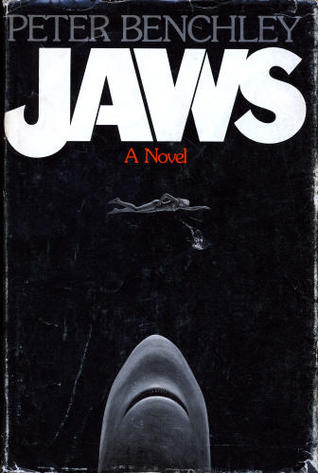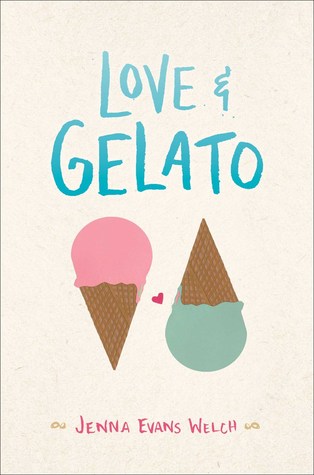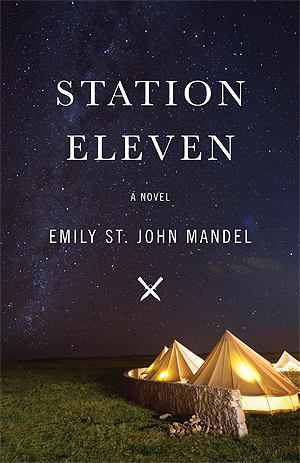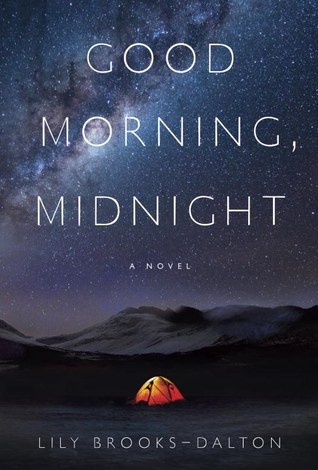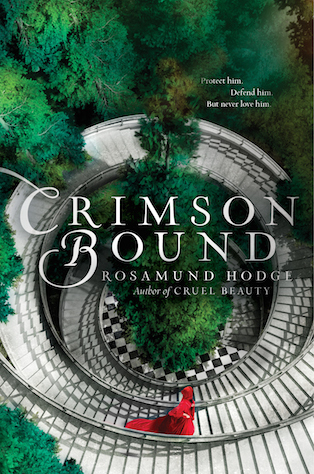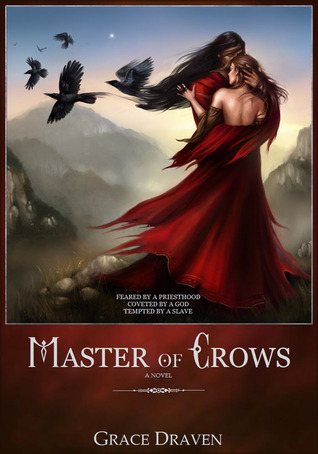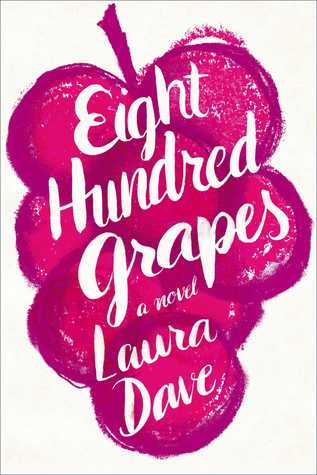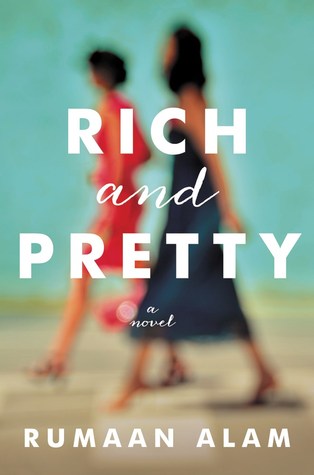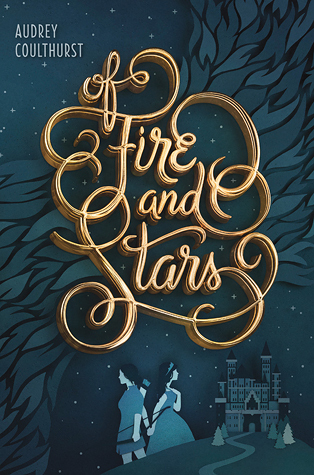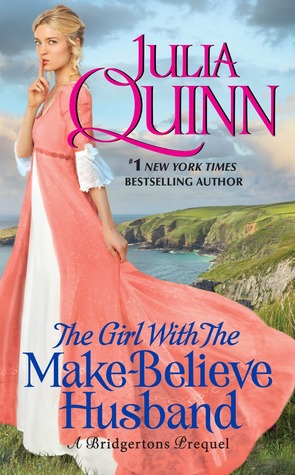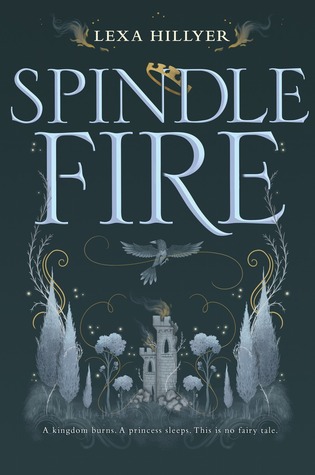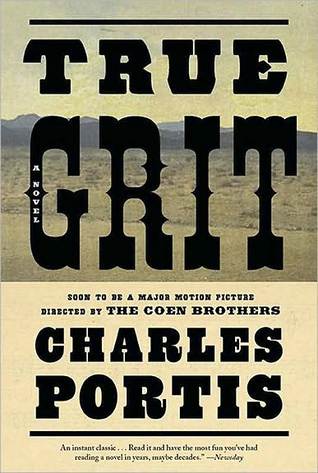Completed
-
The first book in a series you haven't read before. I've had
Shadow and Bone by Leigh Bardugo for a while, and one of my friends loves the series, so it seemed like a good time to read it. Ultimately, I think this one I will have to re-read. I was coming off the high of
Uprooted from the weekend before, and was really, really hoping that this was going to take a similar path. It didn't. I was not pleased. I think there's some potential here (hence the need to re-read at some point) but I also think Bardugo fell back on some tired tropes (such as light=good, dark=bad) and I was hoping for a bit
more than I actually got.
-
A bestseller from 2016. I went with
Magic by Danielle Steel for this--she's apparently one of the best-selling authors of all time, and I found myself utterly baffled by that because she appears to be a
terrible writer. The writing itself was awful in this book, with redundant sentences, abundant comma splices, and no depth whatsoever. Why do people like this so much? Books can be fun and light and still be good, but this book...wasn't.
-
A book where the main character is a different ethnicity than you. As planned, I picked up
A Disobedient Girl for this category. The main characters are Sri Lankan Sinhalese--something I kind of inferred because of how various characters speak in derogatory ways about the Tamils, the second-biggest ethnic group in Sri Lanka and one that has historically been in conflict with the Sinhalese. This is a book with a main character who's not really that likable but who is still sympathetic, and a story line that neatly ties back in a circular manner but with a hint that a cycle is about to be broken.
-
A book with a family-member term in the title. I've had
Daughter of Smoke & Bone on my Kindle for a while, so it was an obvious pick for this category. And...I loved it! It had so many tropes and cliches that could have made for an awful read, but Laini Taylor had a beautiful, lush way of writing that drew me in. And it didn't hurt that the tropes were some of my favorites, either. ;) The last third had some weird pacing, but it was still a lovely book overall, and I immediately rushed out and bought the entire trilogy in paperback to devour.
-
A book from a genre/subgenre you've never heard of. The genre I picked for this was "weird west," which it turned out I'd actually read a book from before, I just didn't realize it was a whole genre of its own! The book I'd read before was
Welcome to Nightvale; the book I read for the challenge was
The Six-Gun Tarot by R. S. Belcher. I actually really liked it; it's basically a historical paranormal fantasy set in the western US in the years after the Civil War, with an ensemble cast in a really weird town. Some of the side characters got a little too much page time for my liking but I enjoyed the book as a whole.
-
A book by or about a person who has a disability. I originally meant to read
The Curious Incident of the Dog in the Night-Time for this--the main character has autism, and it's the first book that comes up on a lot of lists I looked at for the category. However, I inadvertently also stumbled on a bunch of arguments on whether or not autism is a disability, and I really didn't want to get involved with that, so I switched. I happened to read
Spindle Fire instead, which has two disabled heroines (one blind and one who is mute and has no sense of touch) but only one of which has it seriously impact her for the duration of the story. While I liked how Isabelle was blind and yet still "saw" the world through her other senses, I found the story itself to be rather lackluster.
-
A book about a difficult topic. I changed book choices for this twice. First I planned on reading
Rape is Rape, and then
Exit, Pursued By A Bear. However, when I was browsing audiobooks, I saw
Missoula, and I immediately knew that was the one. I do still intend to read the other two books, which share the theme of rape with
Missoula, but
Missoula itself was so important and so devastating at the same time. About rape and the justice system in Missoula, Montana, in conjunction with the University of Montana, I was actually crying as I listened to this. I do think it was probably better as an audiobook; there's a lot of testimony included in the later part of the book, and I think it was much more riveting to listen to than it would have been to read, much like listening to the second half of a
Law & Order episode or something.
Still to Come
-
A book set in the wilderness.
Robinson Crusoe, Daniel Defoe
-
A book of letters.
The Guernsey Literary and Potato Peel Pie Society, Mary Ann Shaffer and Annie Barrows
-
A book that takes place over a character's life span.
The Kitchen God's Wife, Amy Tan
-
A book with a month or day of the week in the title.
A June of Ordinary Murders, Conor Brady
-
A book that's becoming a movie in 2017.
Beauty and the Beast, Jeanne-Marie Leprince de Beaumont
-
A book by a person of color.
The Stone Sky, N. K. Jemisin
-
A book with multiple authors.
Mutiny on the Bounty, Charles Nordhoff and James Hall
-
A bestseller from a genre you don't normally read.
Carrie, Steven King
-
A book involving a mythical creature.
Nice Dragons Finish Last, Rachel Aaron
-
A book by an author from a country you've never visited.
Mornings in Jenin, Susan Abulhawa (Palestine)
-
A book with an unreliable narrator.
The Unbecoming of Mara Dyer, Michelle Hodkin
-
A book set around a holiday other than Christmas.
The Thanksgiving Target, Laura Scott
-
A book recommended by an author you love.
The Lace Reader, Brunonia Barry (rec'd by Tamora Pierce)
-
A book based on mythology.
Olympos, Dan Simmons
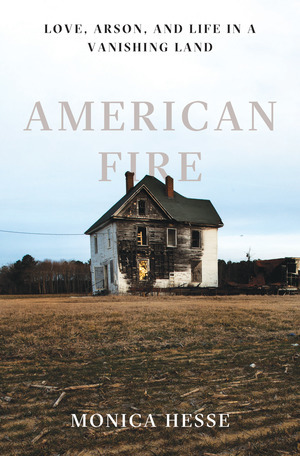 Book of the Month has absolutely been killing it with selections recently; I have loved all of my main selections for the past few months, and it's been great to see more nonfiction that isn't in the style of a memoir. Killers of the Flower Moon was stunning and terrible, and American Fire is sad and evocative and atmospheric.
Book of the Month has absolutely been killing it with selections recently; I have loved all of my main selections for the past few months, and it's been great to see more nonfiction that isn't in the style of a memoir. Killers of the Flower Moon was stunning and terrible, and American Fire is sad and evocative and atmospheric.